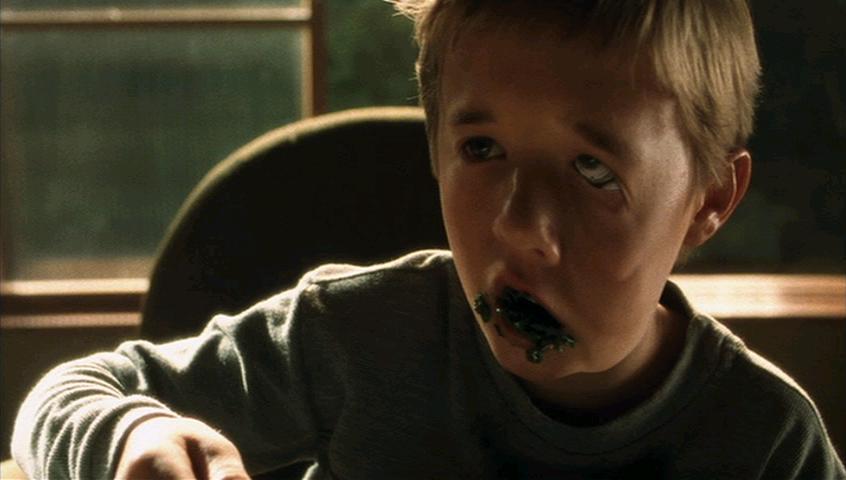
 |
| Photo © 2001 Warner Bros. Pictures/DreamWorks SKG |
| Academy Award Nominations: | |
| Best Original Score: John Williams | |
| Best Visual Effects | |
| Golden Globe Nominations: | |
| Best Director: Steven Spielberg | |
| Best Supporting Actor: Jude Law | |
| Best Original Score: John Williams | |
| Permalink | Home | 2001 | ABC | Blog |